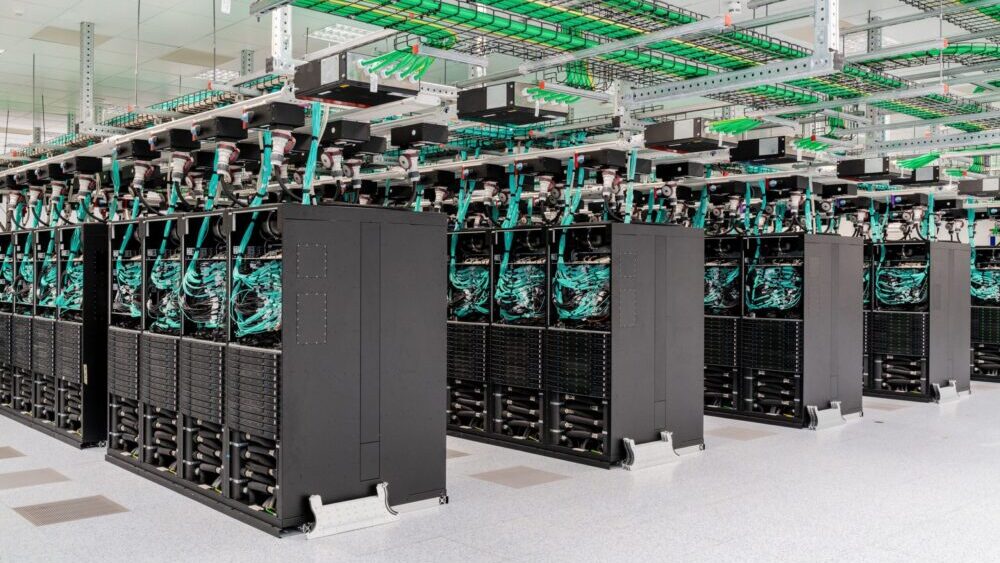The European Union’s initiative, unveiled in September and launched last month, aims to bolster local AI startups by granting them access to the bloc’s supercomputing capabilities for model training.
France’s Mistral AI has already engaged in the project’s initial pilot phase, as per a recent EU update. However, an emerging insight from the program’s early stages is the necessity to incorporate specialized assistance for these AI startups, guiding them in effectively utilizing the EU’s high-performance computing resources.
During a recent press briefing, an EU official stated: “One of the things that we have seen is the need, not only to provide access but, to provide facility — especially skills, knowledge and experience that we have in the hosting centres — on how this access can be not only facilitated but to develop training algorithms that are using the best of the architecture and the computing power that is available right now in each supercomputing center and in our machines.”
EU’s strategy involves setting up “centers of excellence” whose purpose will be to support the development of specialized AI algorithms that are compatible with EU’s supercomputers, officials said.
AI startups typically rely on dedicated computing hardware from U.S. hyperscalers for model training, as opposed to utilizing the capabilities of supercomputers. To bridge this gap, the EU’s high-performance computing access program for AI training is being enhanced with additional support.
This information comes from EU representatives speaking off the record in anticipation of the official launch of MareNostrum 5, a pre-exascale supercomputer. This inauguration is set to take place on Thursday at the Barcelona Supercomputing Center in Spain.
A Commission official provided more information on the matter. He said: “We’re developing facilities for our SMEs to be able to understand how to best use the supercomputers and how to access the supercomputers and how to parallelize their algorithms in the case of AI to be able to develop their models. As of 2024, we expect much more of these kinds of approaches than we have right now.”






